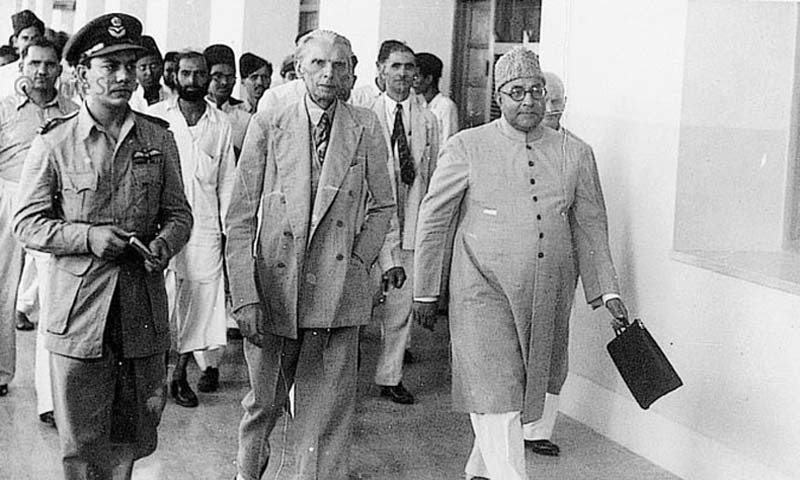Sohaib Rehmani
“The Khilafat movement in the Indian subcontinent proved to be a great success,” were the exact lines read from our textbook by our Pakistan studies teacher in my second year of FSC. This was in clear cut contrast to what I had studied in the compulsory O level Pakistan Studies subject that everyone in Pakistan has to take to study here, which explained how Khilafat movements failed to achieve their objectives.
I had studied that the basic idea of the movement was to save the Khilafat, which was abolished after the WW1, that too by the Turks themselves, so how could the movement be successful when it failed to succeed in fulfilling its prime objective? I questioned him about this but he didn’t have a satisfactory answer to this except mentioning a few ‘contexts’ in which this statement could be true.
This is just one example from a long list of stories of our distorted past fed into the minds of our youth since the beginning. Pakistan Studies is a compulsory subject in Pakistani schools, especially in the matriculation and intermediate exams. Students have to read it, cram it and write it as such in their board exams. They then grow up and believe in it throughout their lives, becoming immune to any perspective that goes beyond their core school teachings, calling it anti-patriotic and a conspiracy by the enemies of Pakistan.
Another dilemma of our textbooks is that they deal mostly with the pre partition events, which frankly have little value now, and not with the post partition ones. They do not touch our political history 1947 onwards, which includes the changing of governments, the martial laws, the contexts and the reasons behind all those events, and their consequences. These books explain the legal points of the constitutions, but do not shed light on whether or not we implemented them, and what were the reasons for their not being implemented.
We all have heard about the stories of Fatima Jinnah, the Quaid e Azam’s sister being with her all the time in his political journey, but we are not taught who ran a malicious campaign against her to defeat her in the rigged presidential elections of 1965.
We do not know the events that led down to the separation of East Pakistan, which is essential in knowing so that we learn and not carry out those mistakes in our future.
We do not know why was Bhutto hanged and how Zia strengthened his power using the religion of Islam?
We do not even know about the pasts of our current or recent political leaders. We do not know why were the governments of Benazir Bhutto & Nawaz Sharif overthrown by allegations of corruption more than once. We do not know about the rule of Musharraf and how he took over.
We are not taught what Quaid e Azam said in his multiple speeches about how ‘the executive authority flows from the head of the state and the armed forces are the servants of the people’. We do not know what democracy means. The knowing of all of these past events is essential in making our youth politically mature so that they know their rights, they vote wisely and stand in the way of opposing forces when democracy is challenged.
When youth is only taught blatant lies, it grows into becoming those who never trust their state and their governments. They end up believing in conspiracy theories such as the theory suggesting Pakistani government selling the dead bodies of covid-19 affected people to US for a sum of dollars. The truth needs to be told. The state needs to accept its mistake and teach its youth the right history in order for the country to move forward.
The Students’ Herald News Desk focuses on reporting the latest news regarding student politics and campus updates to you.
The News Desk can be reached at admin@thestudentsherald.com




